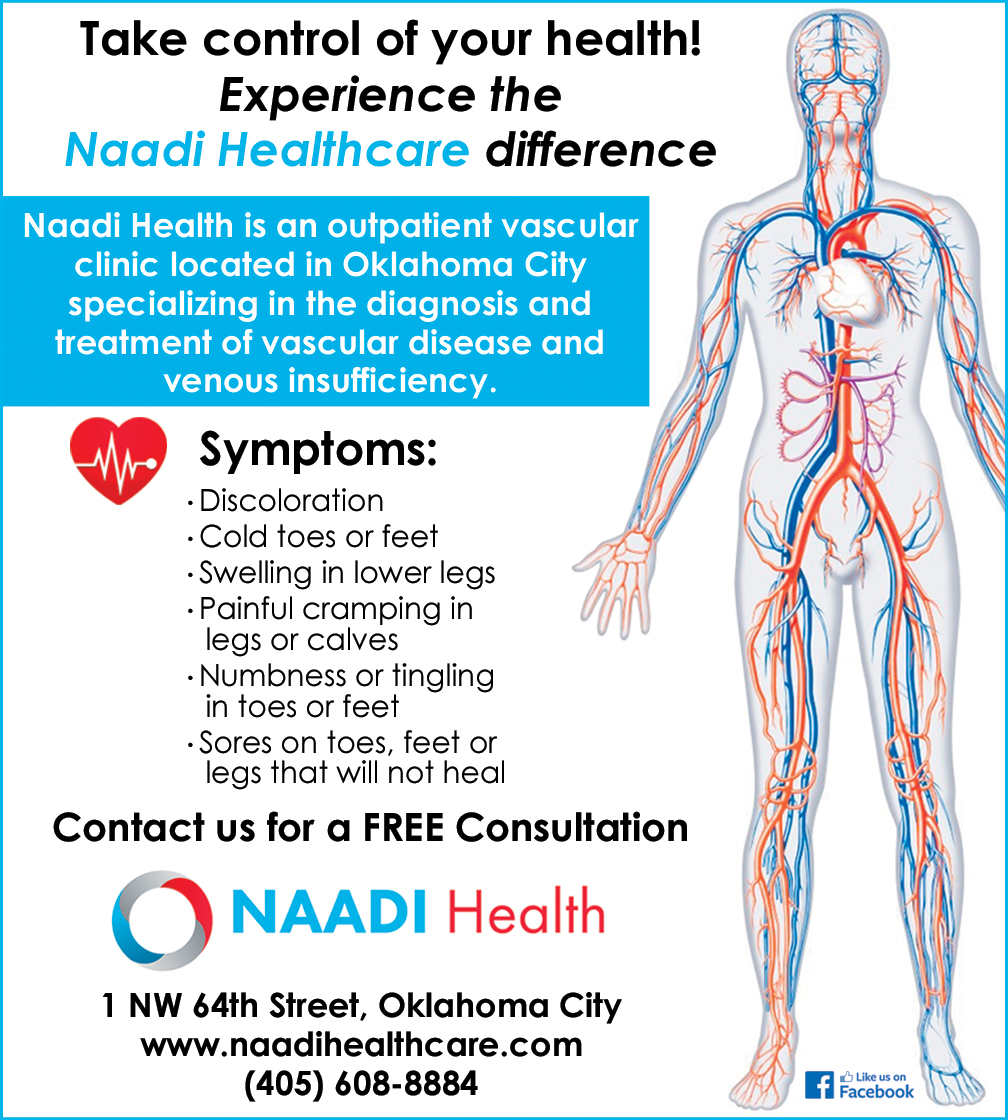by Dr. C.V Ramana
Cancer is an abnormal or uncontrolled growth of cells that can occur in almost any part of our bodies. Sometimes the abnormal growth is a result of a mutation in our genes that we inherit from our parents. In some cases, it is due to a mutation or alteration in our DNA in our lifetimes. This mutation can occur after we are conceived, due to exposure to radiation, harmful ultraviolet light from our sun, harmful chemicals in our atmosphere, in our water, in our food or from smoking or chewing tobacco. Sometimes it develops as a result of chronic overstimulation of cells due to longstanding inflammation or infection.
Breast cancer is the result of uncontrolled growth of cells in breast tissue. It can occur in both men and women but is much more common in women. There are many different types of breast cancer due to the multiple types of cells in the breast tissue. The type of cancer depends on the cells that are growing abnormally. This can happen in the lobules which make breast milk, the ducts which transport the milk, or in the surrounding supportive tissue of the breast.
There is a very strong component of inheritance or family history of breast cancer. The most well-known inherited examples are the BRCA1 gene and BRCA2 genes. These genes code for a protein that helps repair DNA. The presence of this mutation markedly increases the risk of developing breast cancer. An individual with the mutation in either of these genes has a 70% risk of developing breast cancer.
In the United States, about 1 in 8 (or 12%) of women will develop breast cancer in her lifetime. For men, the lifetime risk is 1 in 1000. Early diagnosis is very important so that it can be treated when it is small and contained in a small area in the breast. Breast cancer is not easy to detect early. Screening is essential.
Screening methods include breast self-exam, healthcare professional exam, mammography, ultrasound, MRI, genetic screening for BRCA1 and BRCA2 gene mutations, and known family history of breast cancer.
Treatment depends on the type of breast cancer, its aggressiveness (how fast it grows, how fast it spreads, and how it spreads), its size at time of diagnosis, and staging (identifying whether, and where it has metastasized in our bodies). Staging involves diagnostic testing such as mammography, ultrasound, MRI, CT scan, PET scan, Bone scans. Biopsy is an essential part of the diagnosis. A biopsy is done to confirm its presence, the type of cancer, and its aggressiveness. This may also help identify what type of treatment is likely to be most effective.
Treatment methods include surgery, chemotherapy, and radiation therapy. Lumpectomy is the surgical removal of the area around the tumor. Mastectomy is the surgical removal of one or both breasts and axillary dissection is the removal of the lymph nodes or glands and lymphatic tissue in the arm pit. Chemotherapy treatment most commonly involves a combination of pills and intravenous infusions of medicines that have been shown to be effective at killing the abnormal cells. Experimental techniques include targeting the abnormal cells through antibodies and “killer cells” that are engineered to recognize and attack the abnormal cells. Radiation therapy is the treatment by exposure to high doses of x-rays (far higher than the amount used in diagnostic imaging) to the area of the cancer.
Breast cancer is usually treated through a team approach and can include radiologists, surgeons, and oncologists. Through prevention, early detection, and treatment there are over 3.5 million breast cancer survivors in the United States.
Dr. C.V Ramana is a vascular and interventional radiologist with more than 20 years of practice experience. He has expertise in all areas of vascular and interventional radiology. Dr. Ramana has a Ph.D from Yale University and MD from CWRU in Cleveland, Ohio where he subsequently completed his fellowship in Vascular and Interventional Radiology at the Cleveland Clinic.
NAADI HEALTH is located at 1 NW 64th Street in Oklahoma City. Call (405)-608-8884 or visit https://naadihealthcare.com
Find us on Facebook: https://www.facebook.com/Naadi-Healthcare-OKC-266240357307053/











